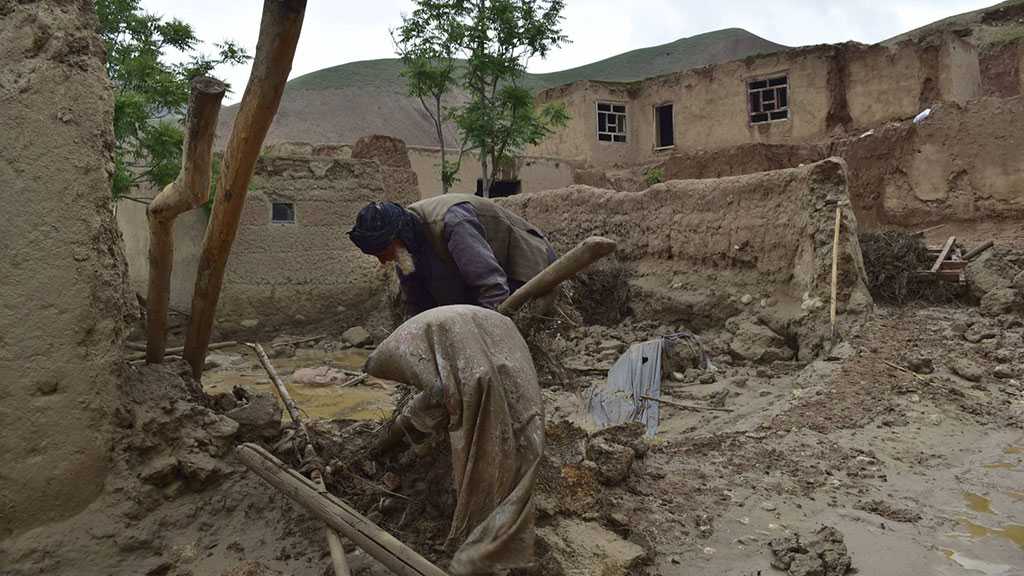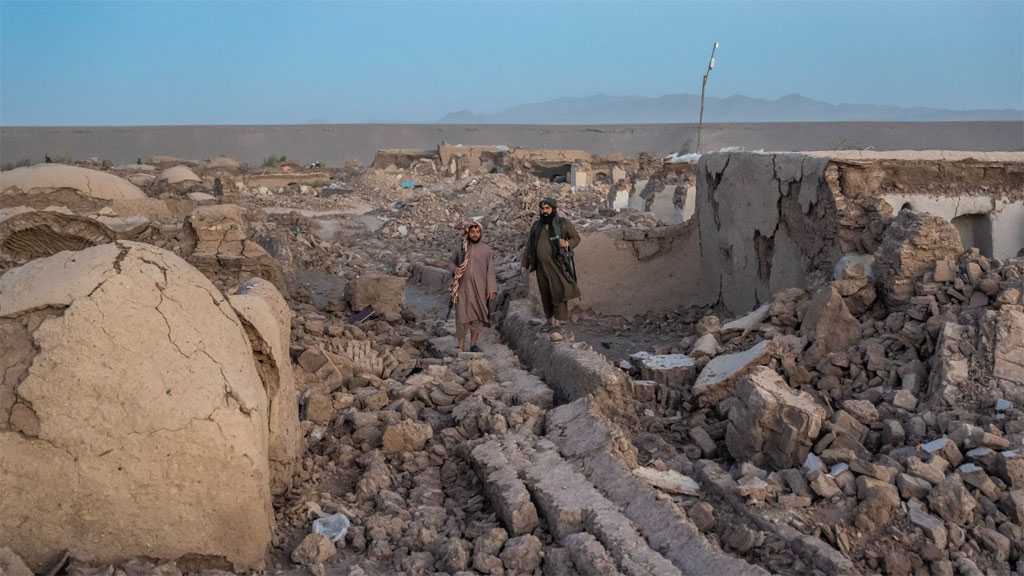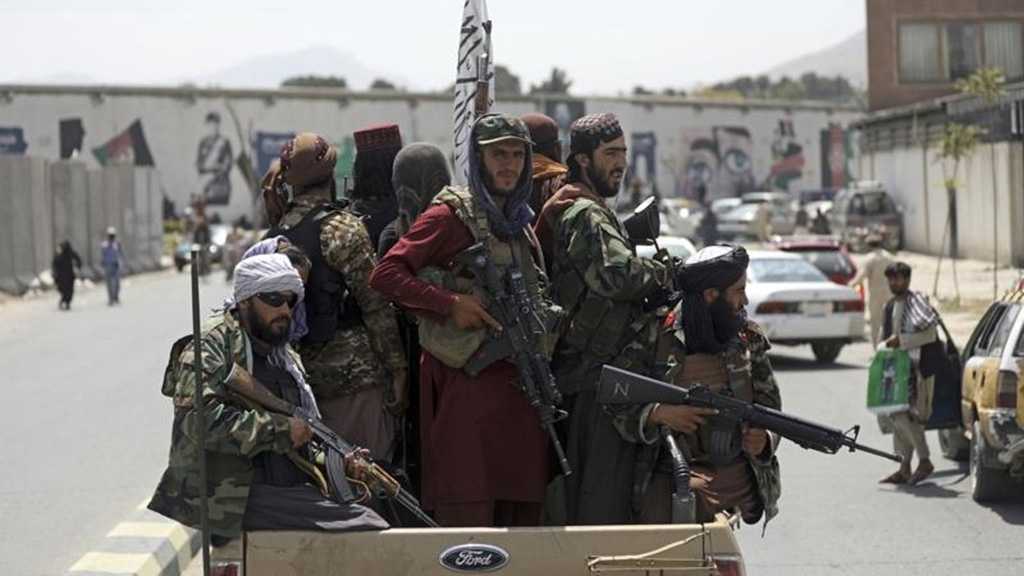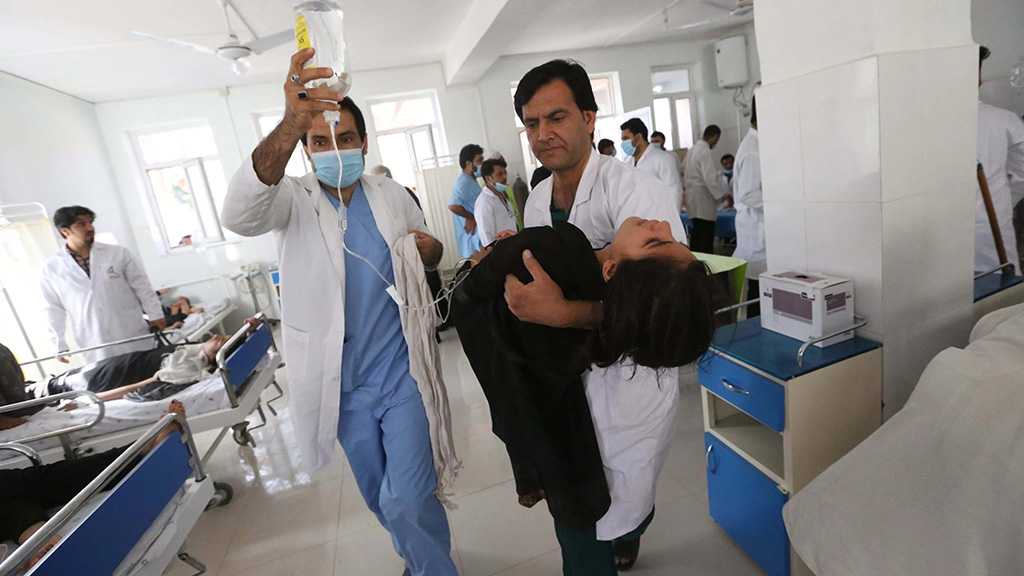
UN Suspends Some Afghanistan Programs After Ban on Female Aid Workers
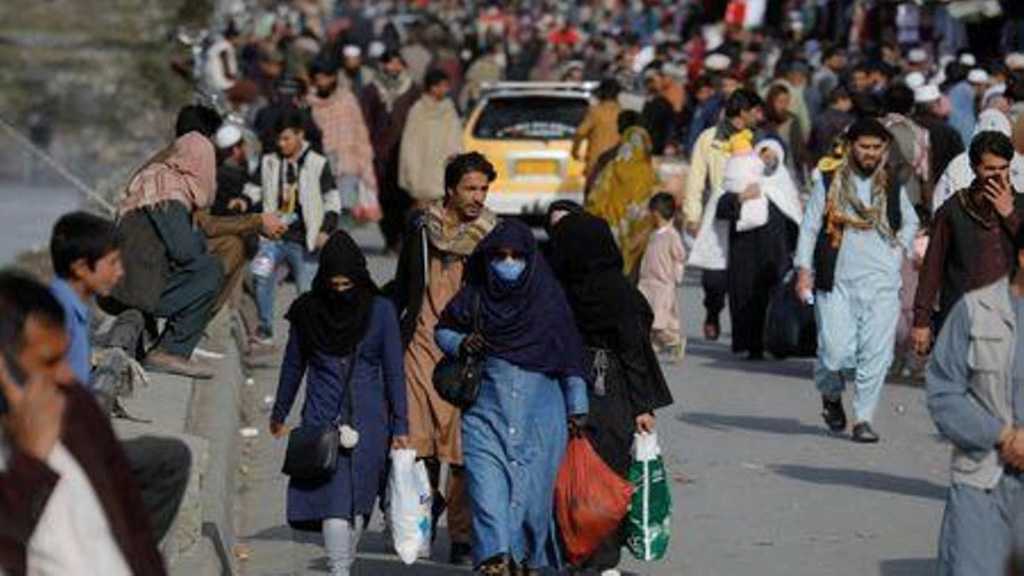
By Staff, Agencies
The United Nations said that some “time-critical” programs in Afghanistan have temporarily stopped and warned many other activities will also likely need to be paused because of a ban by the Taliban-led administration on women aid workers.
UN aid chief Martin Griffiths, the heads of UN agencies and several aid groups said in a joint statement on Wednesday that women’s “participation in aid delivery is not negotiable and must continue”, calling on authorities to reverse the decision.
“Banning women from humanitarian work has immediate life-threatening consequences for all Afghans. Already, some time-critical programs have had to stop temporarily due to lack of female staff,” read the statement.
“We cannot ignore the operational constraints now facing us as a humanitarian community,” it said. “We will endeavor to continue lifesaving, time-critical activities ... But we foresee that many activities will need to be paused as we cannot deliver principled humanitarian assistance without female aid workers.”
The move came as foreign ministers of 12 countries and the EU, including the United States and Britain, urged Afghanistan’s Taliban-led government to reverse its decision barring female employees of aid groups.
The ministers from countries including the US, France, Germany, the UK and Australia, said the Taliban’s “reckless and dangerous order” has put at risk millions of Afghans who rely humanitarian assistance for their survival.
Almost all the large NGO aid agencies operating in Afghanistan have suspended almost all their work while talks continue to persuade the Taliban to rescind or clarify their decision. Tens of thousands of aid workers – many of them the chief breadwinners for the household – have been told to stay at home during the suspension, as the UN seeks to persuade the Taliban of the consequences for ordinary people in Afghanistan.
The aid agencies say under Afghanistan’s customs they cannot provide vital services to women such as health advice without female staff or doctors.
Not all Taliban ministries support the ban on women working for NGOs and are looking at a plan that could allow women to continue working in a way that satisfies the conservative-minded leadership in Kandahar. Ramiz Alakbarov, the UN’s top humanitarian coordinator in Afghanistan, claimed the Taliban health ministry had accepted it should continue its health-related work and women could “report to work and discharge their services”.
Other ministries had also contacted the UN directly to say work in the areas of disaster management and emergencies should continue, he added. But there was a lack of clarity about what would be permitted in practice.
Samira Sayed Rahman, a spokesperson for the International Rescue Committee, told the Guardian from Kabul that many of the past issues between aid agencies and the Taliban had been at checkpoints about the lack of a mahran, a male guardian, rather than whether our women workers were wearing the hijab, but that was the issue raised by the Taliban in announcing the ban on women workers at NGOs.
“It puts us in an incredibly difficult situation. Aid prevented a famine last winter. We have 28 million people in urgent need of humanitarian assistance, but the de facto authorities made the decision that women cannot work in national and international NGOs.
“It is practically impossible to continue our work without female staff. This is a conservative society and we need female workers to access women. This is a country where men and women do not interact in the public space. We would be cut off from half of Afghanistan.
“The impact is not just in terms of aid, but lost jobs. We have to be hopeful that the de facto authorities understand the implications of this.”
In a rare show of unanimity the 15-strong UN security council agreed on Tuesday and called for the full participation of women and girls in Afghanistan. “These restrictions contradict the commitments made by the Taliban to the Afghan people as well as the expectations of the international community,” the UN said.
It added it was also “deeply alarmed” by the increasing restrictions on women’s education, calling for “the full, equal and meaningful participation of women and girls in Afghanistan”.
The Taliban have already suspended university education for women and secondary schooling for girls.
Shahabuddin Delawar, the Taliban’s acting minister of mining and oil, said that by April a decision would be made regarding the opening of schools and universities for girls, which was in line with both sharia and “Afghan customs”.
He told TOLOnews TV that the decree of Haibatullah Akhundzada, the leader of the Taliban, regarding the closure of schools and universities might be temporary.
